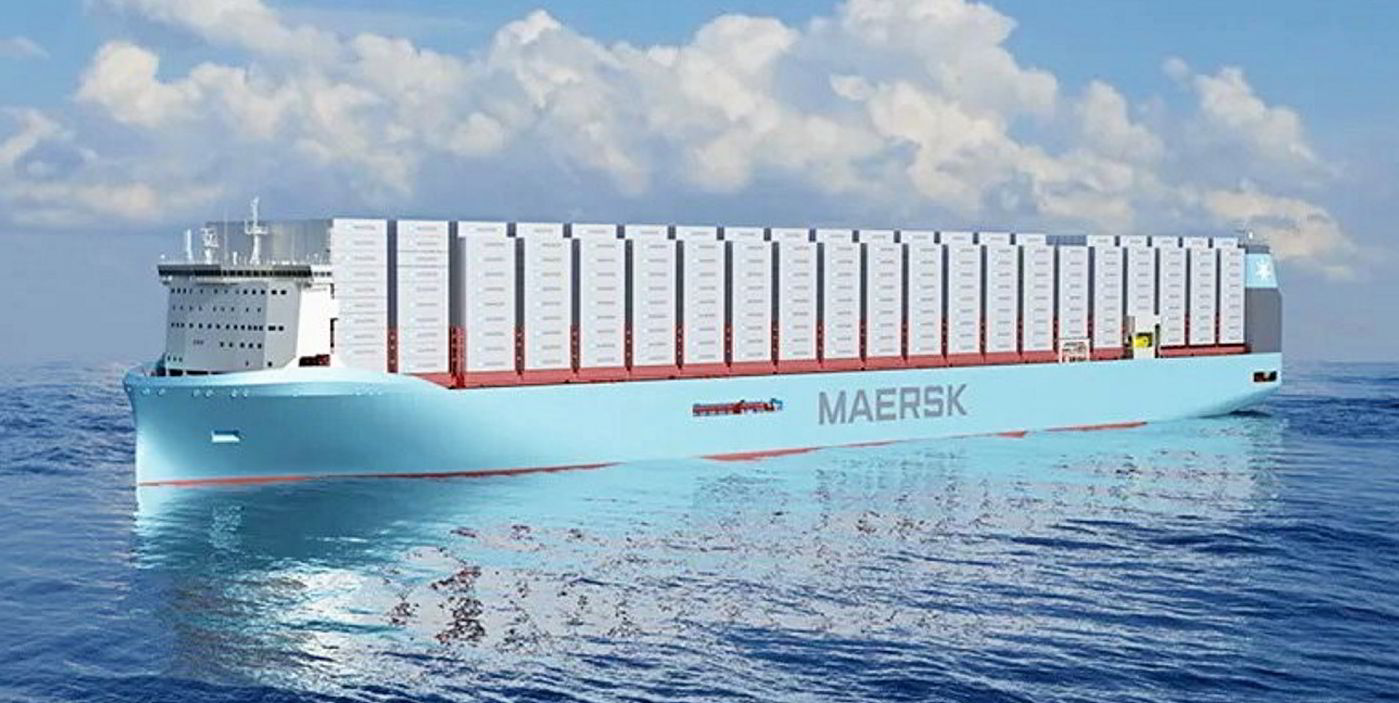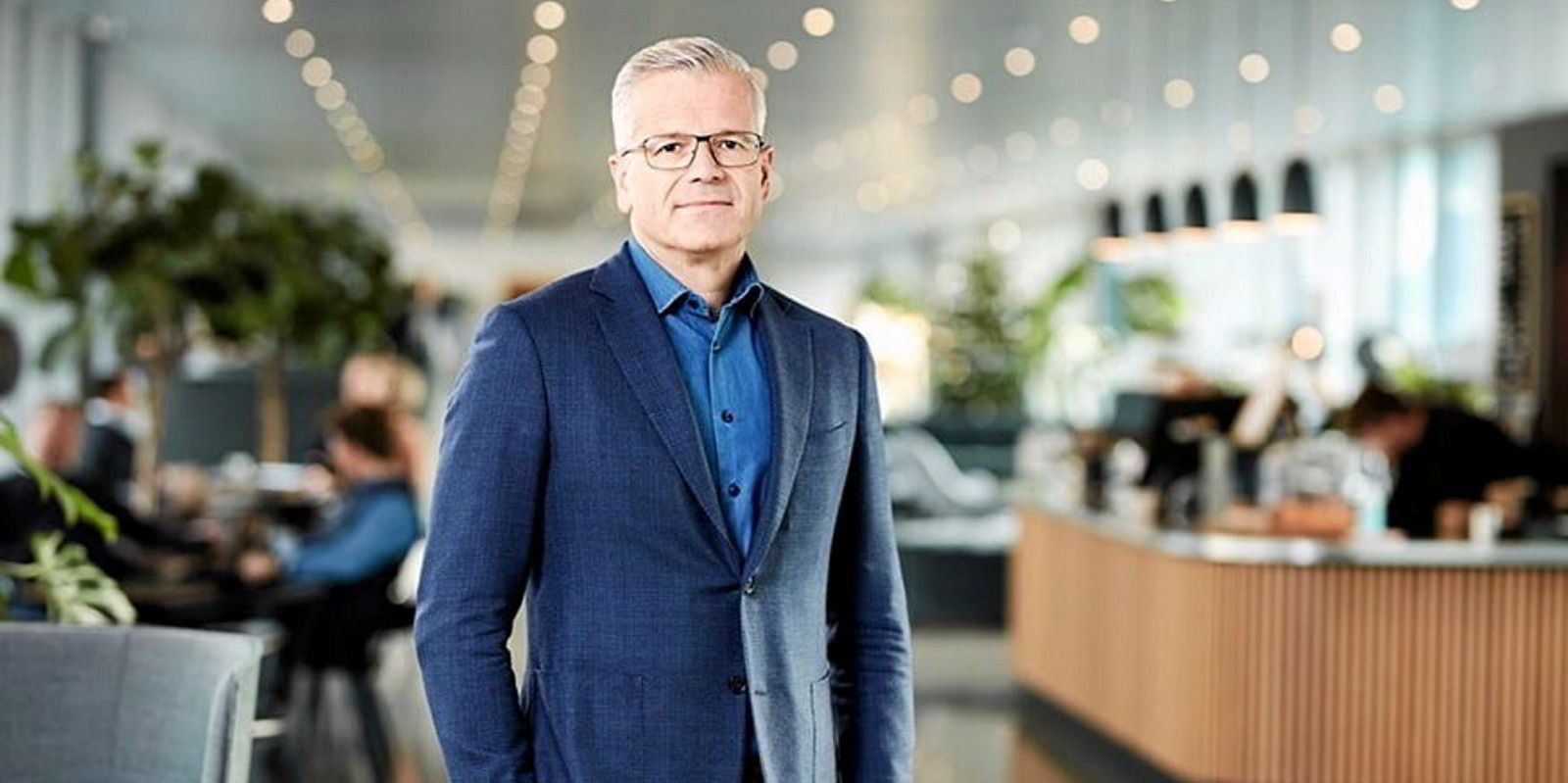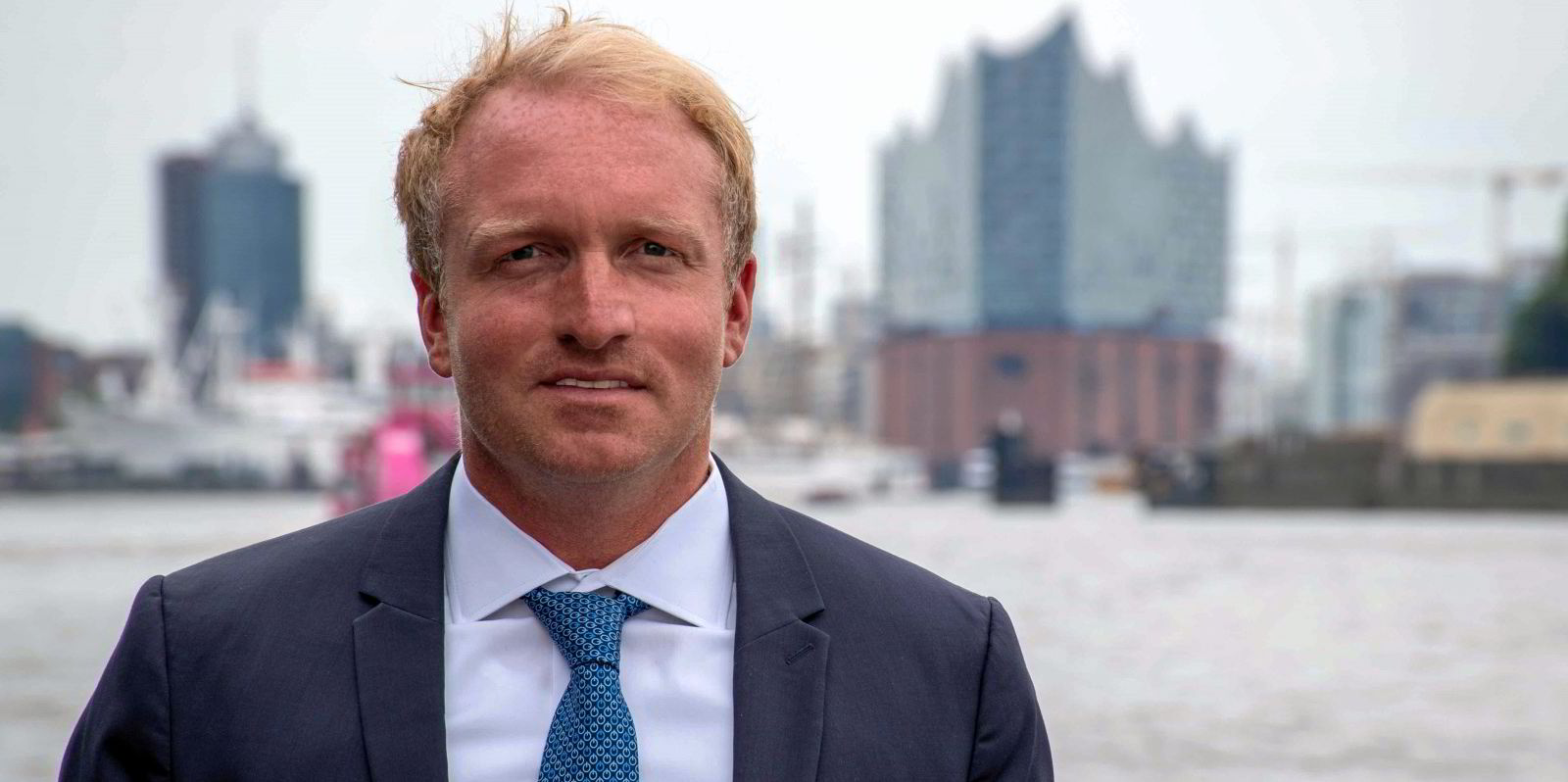Maersk and CMA CGM subsidiary ANL have given their backing for a project to develop green methanol bunkering in Melbourne, Australia.
The two liner giants are among seven organisations that have signed a memorandum of understanding (MoU) to explore the commercial feasibility of such a move.
Other partners include the Port of Melbourne, Svitzer, Stolthaven Terminals and domestic renewable energy companies HAMR Energy and ABEL Energy.
The collaboration will examine a potential project involving the transportation of green methanol from production sites in Bell Bay, Tasmania, Portland and Victoria to the Port of Melbourne for storage and bunkering services.
HAMR Energy is developing a green methanol facility in Portland, Victoria, which will rely entirely on natural and renewable resources available in Australia, according to company director David Stribley.
Meanwhile, ABEL Energy’s green hydrogen and methanol project being built at the port of Bell Bay, will use Tasmania’s renewable hydro and wind-based power.
The participants said the tie-up provides a starting point for the parties to work together to explore the various elements of establishing a green methanol bunkering hub and identify any challenges that would need to be addressed.
Stolthaven Terminals general manager Ben Serong said the scope of activities involved under this MoU will evolve as the collaboration progresses and the parties develop a clearer understanding of how their respective expertise can be combined on this potential project.
“Maersk has already ordered container vessels that will be operated on green methanol, which is a proven solution for reducing the shipping industry’s carbon emissions and mitigating its impact on the environment,” said My Therese Blank, Maersk regional head of Oceania market.
“As an island nation with high dependency on ocean transport, it’s vital that Australia takes a leadership role to enable the fuel transformation from fossil to green fuel.”
ANL managing director Shane Walden said alternative energies are key to the reduction of carbon emissions throughout the supply chain.
“Green methanol presents another excellent opportunity for the shipping industry to decarbonise, and we are supportive of the robust exploration of a bunkering hub such as this,” he said.
Port of Melbourne chief executive Saul Cannon said that as Australia’s largest container port with around 3,000 ships visiting annually, it makes sense to look at ways to work together with customers, service providers and producers to understand the needs of the market.
Maersk, which has 19 methanol dual-fuel newbuildings on order, has been busy securing future global supplies of green methanol to fuel them.
In March 2023, its parent company AP Moller-Maersk agreed a deal with Shanghai International Port Group to develop methanol bunkering operations in Shanghai in time for the delivery of its first methanol-powered container ships from 2024.





